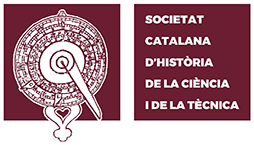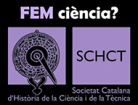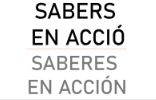Entrevista a Katherine Watson
“The history of forensic medicine in the West: overview and prospect”
Per Mar Cuenca Lorente
E:How does legal medicine contribute to this historiography on experts? What can it show us?
K.W: If someone is called an expert I would like to know more about what they are actually doing to prove their expertise, and what they may be writing in books that I don’t know how many people are actually going to be reading. The bigger literature on expertise is much more philosophical and sociological in its orientation, and it is often written by sociologists. When talking of forensic medicine, we are referring to people who are experts because they have medical and scientific knowledge that other people don’t have, but may not necessarily be an expert witness, because that is more a Nineteenth and Twentieth century status. So if we look at the history of legal medicine over a long period we can certainly begin to see how the notion of the expert witness evolves and I think that is what sociologists don’t do. They simply assume that there is this thing called expertise and this thing called the expert witness, which is very problematic in many respects, but they make little effort to look at the longer history, to understand how we got where we are. So, in general, history is always useful to understand how things are today, especially because expert witnesses are very controversial figures in the courts of law today.
Per llegir l’entrevista sencera clica aquí.



